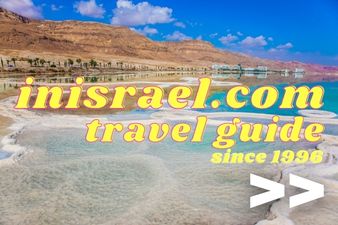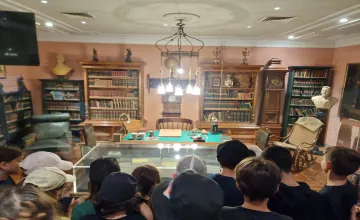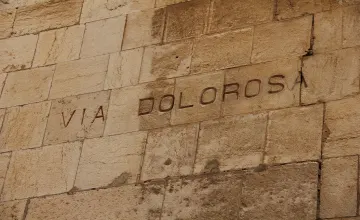Tower of David Museum – Night Spectacular
Jerusalem travel guideTower of David Museum – Night Spectacular
The citadel walls serve as the backdrop for this stunning nighttime performance, which is a celebration of sights and sounds projected on the archaeological remnants in the citadel courtyard. The impressive story of the city of Jerusalem is conveyed, accompanied by original music, dramatized by huge, breathtaking imagery.
The sound and light show uses the advanced, innovative trompe-l’œi technique, as fascinating scenes seem to replace the walls and remnants of the buildings. The impressive imagery envelops the audience, providing a multi-sensory, unique experience.
Innovative techniques are provided through advanced computer systems that include twenty projectors, ten video devices, 14 computers and 14 speakers. In addition, the system includes some ten kilometers of cables and two projection rooms.
Producers: Skertzo, from France; Original Score: Etienne Perruchon; Sound Effects: Jean Goudier; Curator: Renee Sivan, Tower of David Museum.
The sound and light show is the first of its kind in the world and is aimed at tourists, Israeli audiences, families, speakers of all languages and anyone who loves Jerusalem, all of whom will enjoy the performance.
The show is sponsored by the Jerusalem Municipality, Tourism Ministry, the Jerusalem Foundation and the Israel Government Tourist Corporation.
Show Dates: Every day after dark. For exact times please check…
http://www.inisrael.com/news/?p=1025







